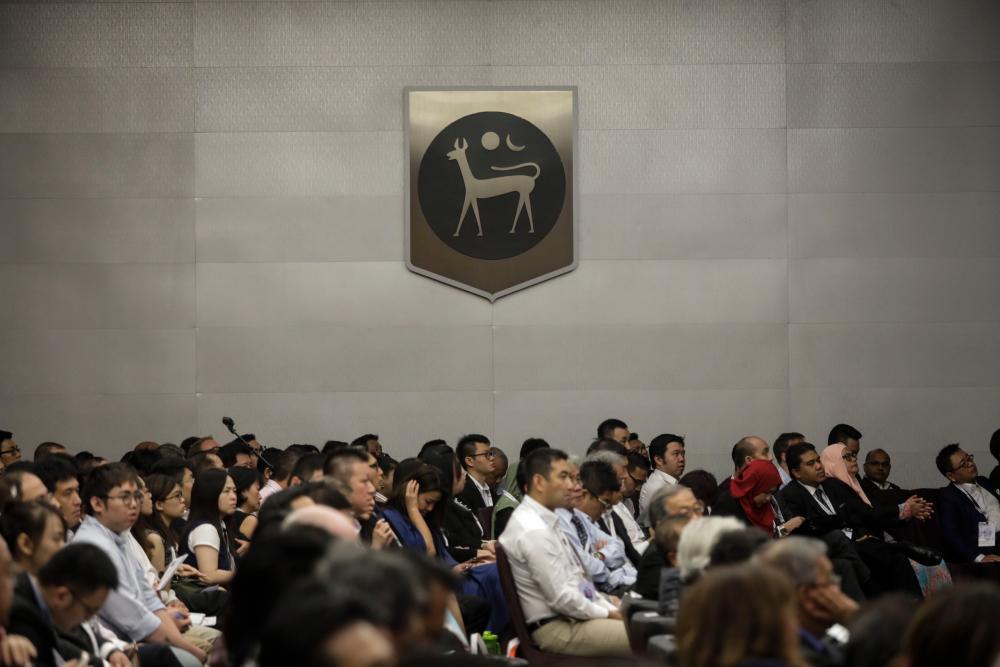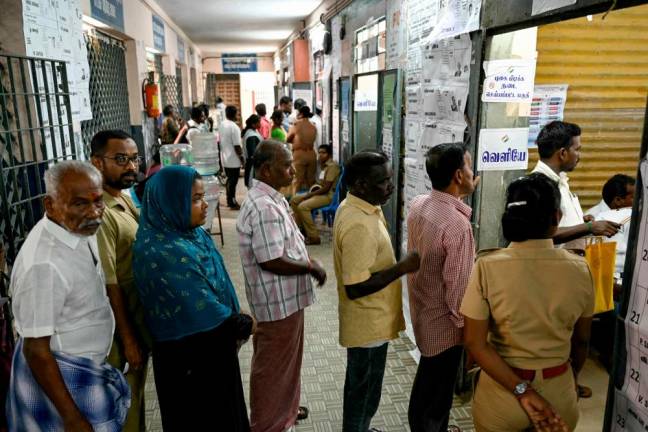PETALING JAYA: Bank Negara Malaysia (BNM) has announced further measures to help individuals and SMEs that have been impacted by the Covid-19 pandemic.
In a statement, the central bank said it will be increasing existing financing facilities under its Fund for SMEs by an additional RM4 billion to a total of RM13.1 billion in a bid to assist affected SMEs, safeguard jobs and support growth.
It elaborated that the enhancement of the fund entails an increase in the allocation of the special relief facility (SRF), to RM5 billion from RM2 billion, aimed at providing relief assistance to more SMEs who are affected by the Covid-19 outbreak.
At the same time, the maximum financing rate is now lowered to 3.50% per annum (pa) from 3.75% pa. The SRF will be available until Dec 31, 2020.
In addition, the enhancement will also see an increase in the all economic sectors (AES) facility to RM6.8 billion from RM5.8 billion, to enhance access to financing for SMEs and to support growth.
The maximum financing rate is also reduced to 7% pa from 8% pa previously.
BNM pointed out that SMEs could also avail themselves to three other facilities under the fund, namely the automation and digitalisation facility (ADF), agrofood facility (AF) and micro enterprises facility (MEF).
Alternatively, SMEs can also take advantage of Credit Guarantee Corporation Malaysia Bhd’s (CGC) BizMula-i and BizWanita-i schemes for financing of up to RM300,000.
The SRF, AF and ADF were introduced as part of the first economic stimulus package and has since approved a total of RM119 million to 196 SMEs with an approval rate of 84%.
For the B40 category, the central bank has stated that a social finance programme will be introduced by participating Islamic banks in collaboration with some State Islamic Religious Councils (SIRCs) and implementation partners, to facilitate access to funding and build entrepreneurship capability.
The programme is designed to mobilise social finance contributions towards providing seed capital that is packaged with microfinancing for eligible micro-entrepreneurs to start and grow businesses to generate sustainable income.
“As a start, Bank Islam Malaysia Bhd (BIMB) will be the first participating Islamic bank to pilot the iTEKAD programme beginning May 2020. The initial programme optimises zakat and microfinancing arrangement, and will include cash waqf at the later stage,” said BNM.
It elaborated that the programme involves on-boarding and educating recipients as well as monitoring their success. After the pilot, BIMB plans to roll-out the iTEKAD programme to more financial institutions and in more states.
Meanwhile, for insurance and takaful, operators will allow affected policyholders and takaful participants an option to defer regular premium/contribution payments due under life insurance policies and family takaful certificates for three months without affecting policy coverage.
This flexibility may be provided by life insurers and family takaful operators through a no-lapse guarantee, an extension of grace period or any other means that maintains the policy/certificate during the deferment period.
This option will be available from April 1 until Dec 31 , 2020.
Apart from that, BNM stated that life insurers and family takaful operators will also assist affected policyholders and takaful participants to extend the period during which a policyholder or takaful participant can reinstate a policy/certificate that has lapsed.
“General insurers and general takaful operators will facilitate requests for flexibilities by affected policyholders and takaful participants to meet their premiums/contributions due during this period to ensure continued risk protection for their properties and businesses,” it said.
Other additional measures provided include expedited claims processes related to Covid-19, as well as a reduction in the interest rate (IRCC) and profit rate (PRCC) stress factor caps for insurers and takaful operators respectively.
“The IRCC and PRCC caps will be reduced to 30 % from 40% with effect from March 31, to better reflect the changes in the prevailing market conditions since the stress factors were first set in 2009,” it said.













